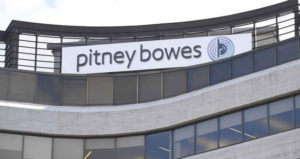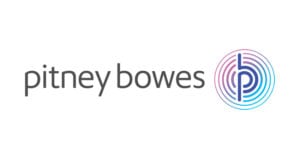
Forward-Looking Supply Chain Data Provided by DOT’s FLOW Program
A Department of Transportation program that aggregates forward-looking supply chain data from various stakeholders to help identify volume and capacity issues, including shippers, carriers, chassis and drayage and port operators, will begin providing insights to participants this summer. The FLOW program uses booking information 60-90 days out, helping improve planning and forecasting.








